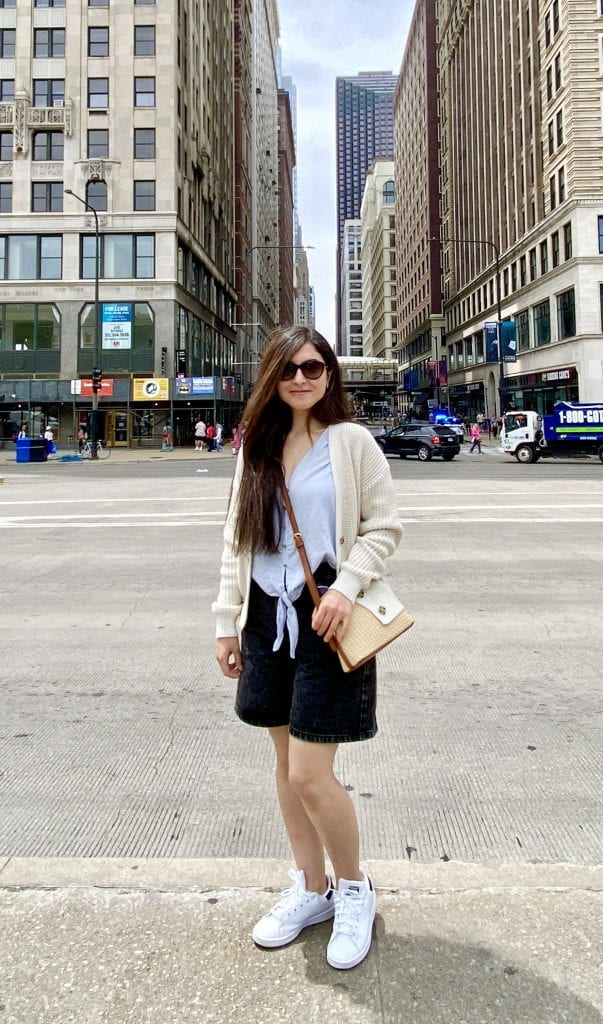Wiete Fehner
course organizer
Email: f.wiete@wustl.edu
My name is Wiete and I am an Imaging Science PhD student (2021 cohort) in Dr. Joe Culver’s lab. Before joining the PhD program, I lived in Finland where I finished my MSc in neuroscience. Challenges I experienced during my transition into the field of engineering motivated me to develop a math crash course, which introduces students to math concepts that will be encountered during core classes.
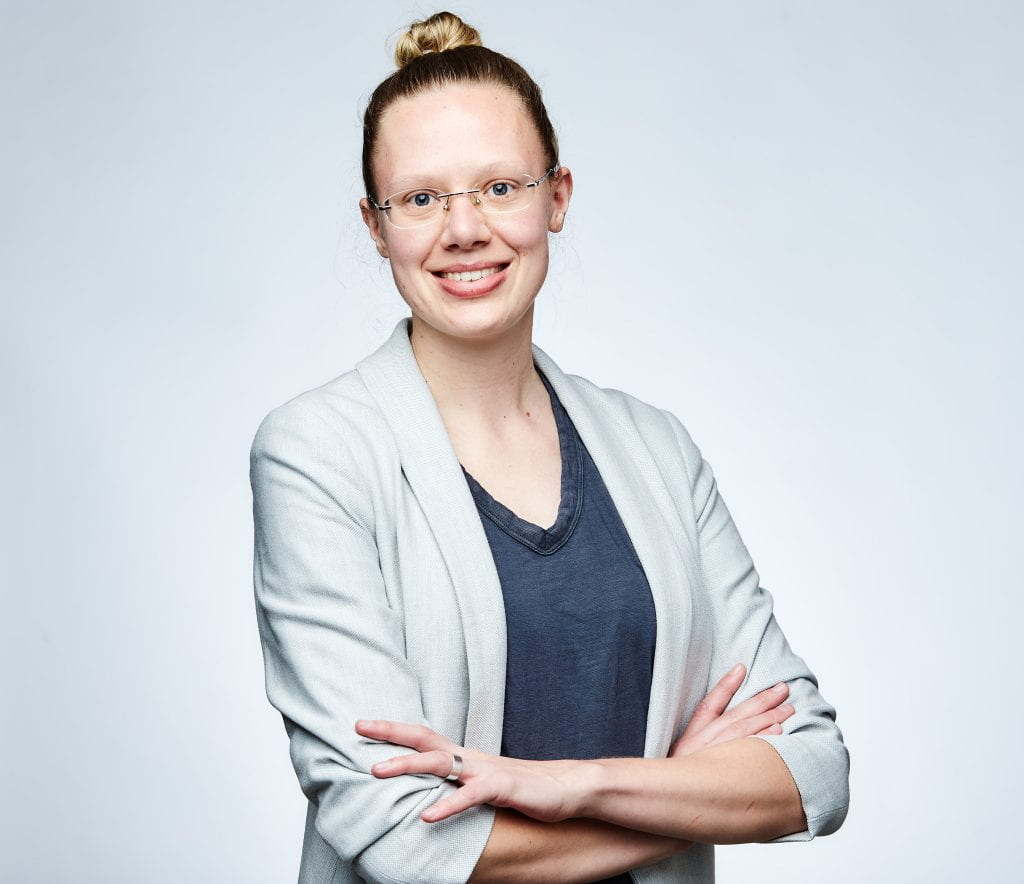
Ty Easley
Course Organizer
Email: tyoeasley@wustl.edu
Hi, crash course folks! My name is Ty Easley, and I’m a 5th-year Imaging Science PhD student in Professor Janine Bijsterbosch’s lab. Before starting this program, I did my undergraduate in math and physics at the University of Chicago; after graduating, I worked there as a research assistant (and also as an actor and musician around the city). My current research mostly involves methodology: I’m interested in the ways that relatively abstract math (mostly topology and geometry) can help solve problems in neuroscience. As someone who really likes math, my hope is to help create a warm and supportive learning environment that prepares you for the courses and research ahead of you. I’m so excited to meet you all and work together!

Nischal Khanal
Course organizer
email: nkhanal@wustl.edu
Hi, I am Nischal, a PhD student in Imaging Science from the 2021 cohort. I am part of Dr. Adam Bauer’s optical neuroimaging laboratory where I work on optogenetic motor mapping in mice. I completed my undergraduate studies in Biomedical Engineering also at WashU. I was motivated to organize this crash course because I enjoy tutoring and, having recently completed the first year courses, I know how difficult they can be without a strong math foundation.
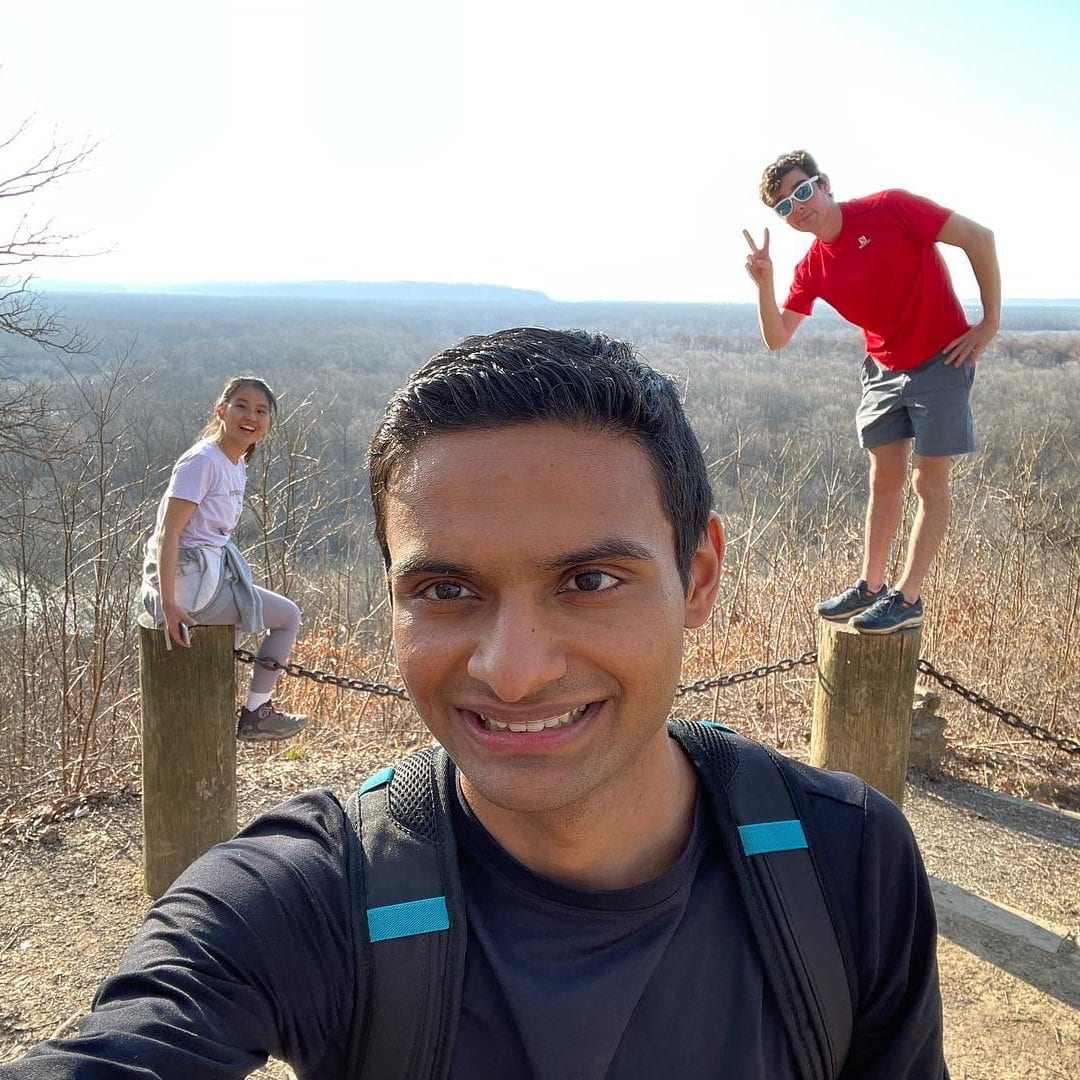
Sungmin Park
Course organizer
email: s.park@wustl.edu
My name is Sungmin and I’m a Ph.D student in the Imaging Science Program (2021 cohort), and I work with Dr. Adam Eggebrecht in the Brain Light Laboratory. Before coming to St. Louis, I was an undergraduate research assistant in UW Seattle, and completed my bachelors in Bioconvergence at Yonsei University in Seoul, South Korea. Mathematics of Imaging Science (ESE 570) was my first course in Signals & Systems and the challenges I faced inspired me to help develop this math crash course to help students like me ease into graduate-level math courses. Fun fact about me: I named my five plants after math concepts and mathematicians.
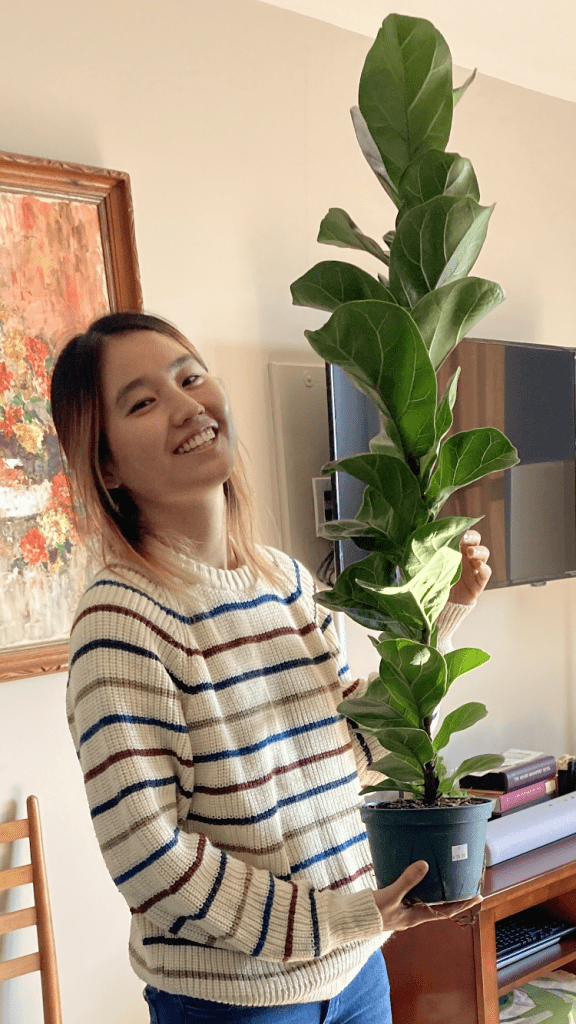
Sanskar Thakur
Course organizer and tutor
email: s.s.thakur@wustl.edu
My name is Sanskar, it’s pronounced as Sun’s car. I am a first-year Imaging science PhD student. I did my bachelors in Production Engineering and masters in Mechanical Engineering. I like math as much as you do… iykyk…
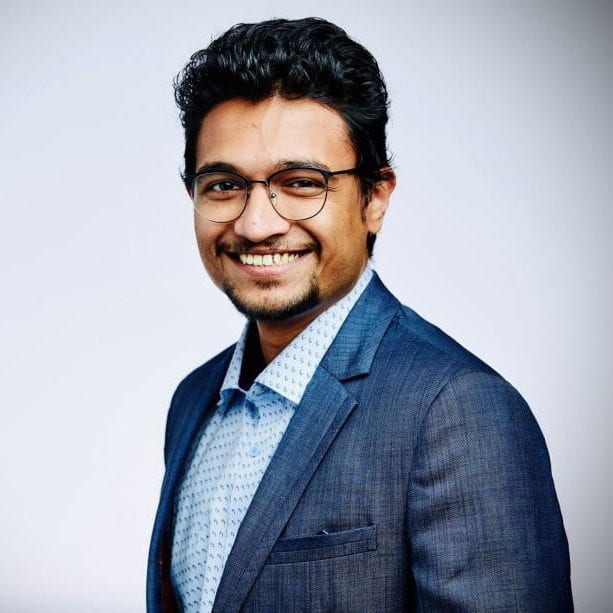
Morgan Fogarty
Course Organizer
Email: M.fogarty@wustl.edu
Hi! I’m a rising 5th year in the Imaging Science PhD program working on functional brain mapping using diffuse optical tomography in Joe Culver’s lab. I did my undergraduate in BME at the Illinois Institute of Technology where I stumbled through all my math courses before promptly forgetting everything while working as a research assistant at MGH. In my free time, I enjoy cooking, watching trashy reality TV, and obsessing over my dog, Ada. I’m so excited for this course to help students feel more confident going into their first-year courses and I can’t wait to hear all of your feedback!
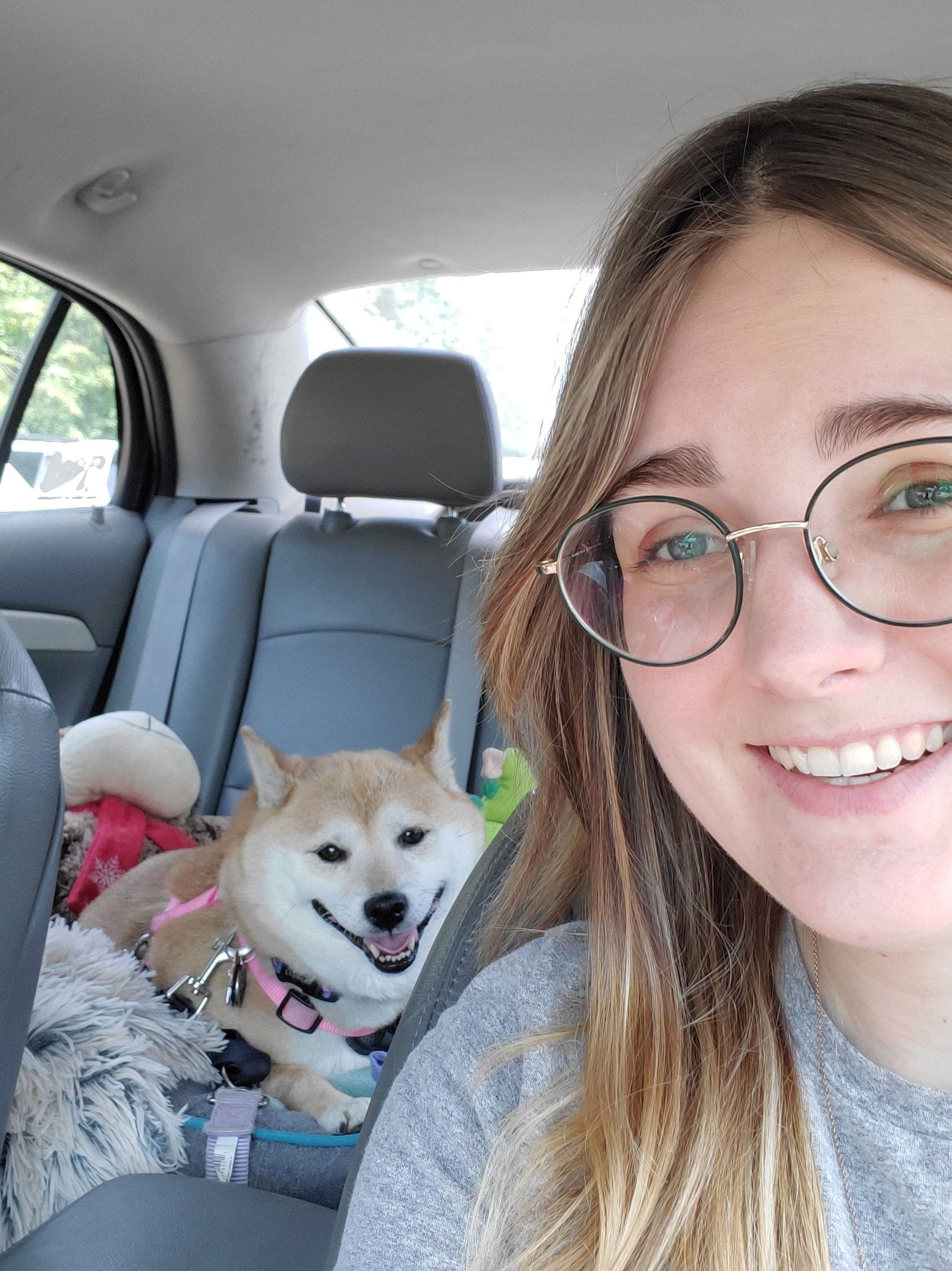
Flora Sun
Tutor
Email: zhixin.sun@wustl.edu
My name is Flora Sun and I am a 1st year Imaging Science PhD student in Professor Kamilov’s lab. I got my bachelor’s degree in Southwestern University of Finance and Economics in China, majoring in Economical Statistics. Then I did my MS in Computer Science here in WUSTL. I am now working on how to reconstruct better medical image, and image translation between modalities. For me, research can sometimes (if not always,) require people to learn new things, so do not be afraid if you feel not yet prepared. And hopefully, this Math Crash Course can help you a bit in the future several years.

AJ Adkins
Tutor
Email: a.adkins@wustl.edu
My name is AJ and I am a PhD student in the Imaging Science Program. I’m in Prof. Chao Zhou’s lab working on optical imaging technologies and integrated photonics. I did my undergrad in physics and music, and after graduating I spent a year teaching calculus and computer programming to high school students before coming to WashU. I believe that studying math goes far beyond solving individual problems, it can improve your logical reasoning skills and help you see things outside of math in a new light!
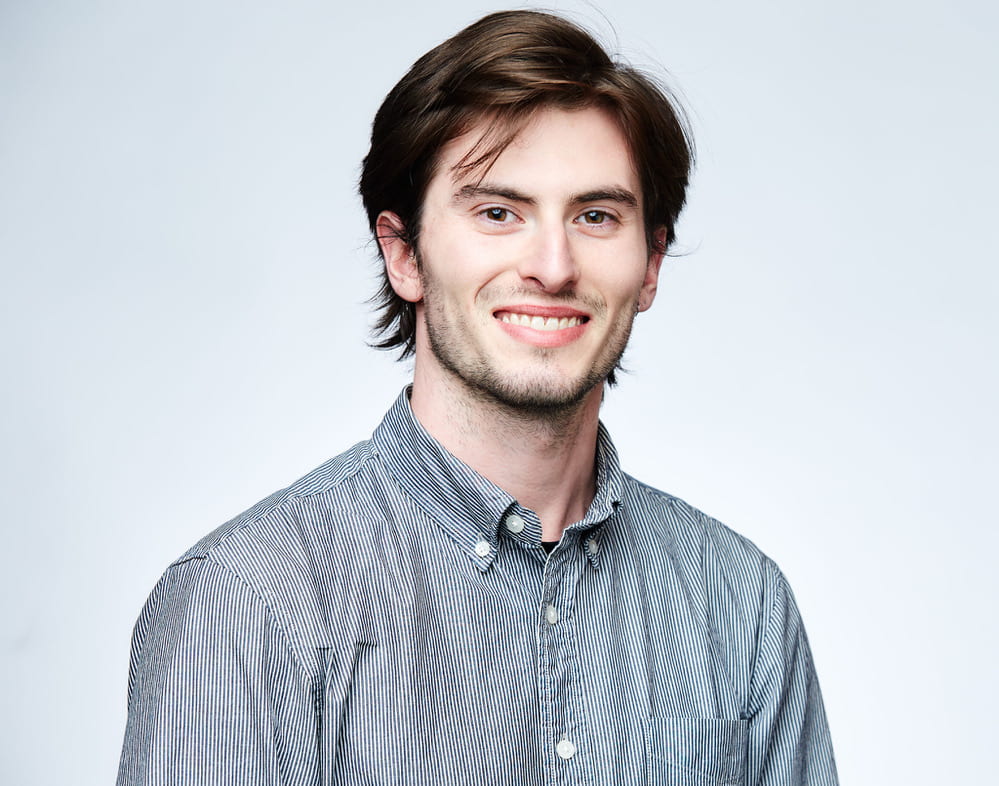
Braden Yang
Tutor
Email: b.y.yang@wustl.edu
I’m Braden, currently a 3rd year PhD student in Imaging Science. I work in Aris Sotiras’ lab, where I work on adapting and developing machine learning techniques to predict longitudinal risk of developing Alzheimer’s disease from neuroimaging data, as well as developing data harmonization techniques to address inter-scanner and inter-site variability in PET biomarkers. My all time favorite class that I have taken was intro to linear algebra during my undergraduate studies. This eventually led to an interest in medical imaging and machine learning, where I had multiple opportunities to get involved in research related to these fields in undergrad and postbacc. Looking back now, that linear algebra course was also the most useful course that I had ever taken, since I am continuing to apply that knowledge to this day in my current research. I hope to share my excitement about math and to show its importance in imaging research through the Math Crash Course!

Mahshid Naghashzadeh
Tutor
Email: m.naghashzadeh@wustl.edu
I am Mahshid Naghashzadeh, a first-year PhD student in imaging science. During my first rotation, I worked at Professor Bijsterbosch’s lab, where my research was focused on the classification of heterogeneities among individuals with late life depression. Currently, I am working on my second rotation at Professor Kamilov’s lab, where my research is centered around image denoising techniques. I obtained my bachelor’s degree in electronics and electrical engineering from Shahid Chamran University of Ahvaz, Iran, in 2016. After that, I pursued a master’s degree in communication and electrical engineering at Shiraz University, Iran, which I completed in 2020. My master’s thesis primarily concentrated on the classification of individuals with Autism compared to control subjects, utilizing machine learning and deep learning methodologies. Throughout my academic journey, I have had a profound interest in mathematics and its application as a potent tool for problem-solving across various domains. Get ready to start a journey where we’ll explore the beauty of math and unlock new problem-solving skills. Let’s embrace the challenges and thrill of learning math together!
